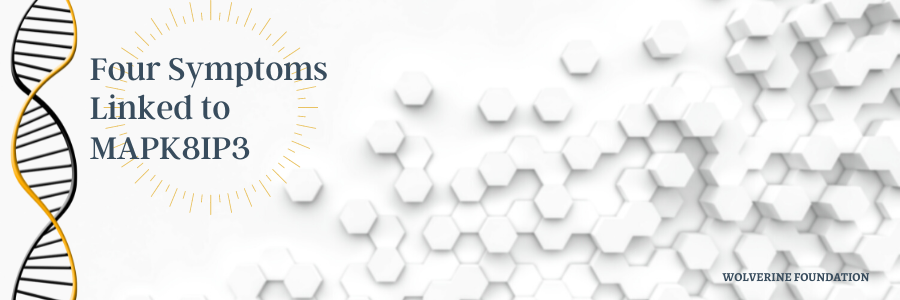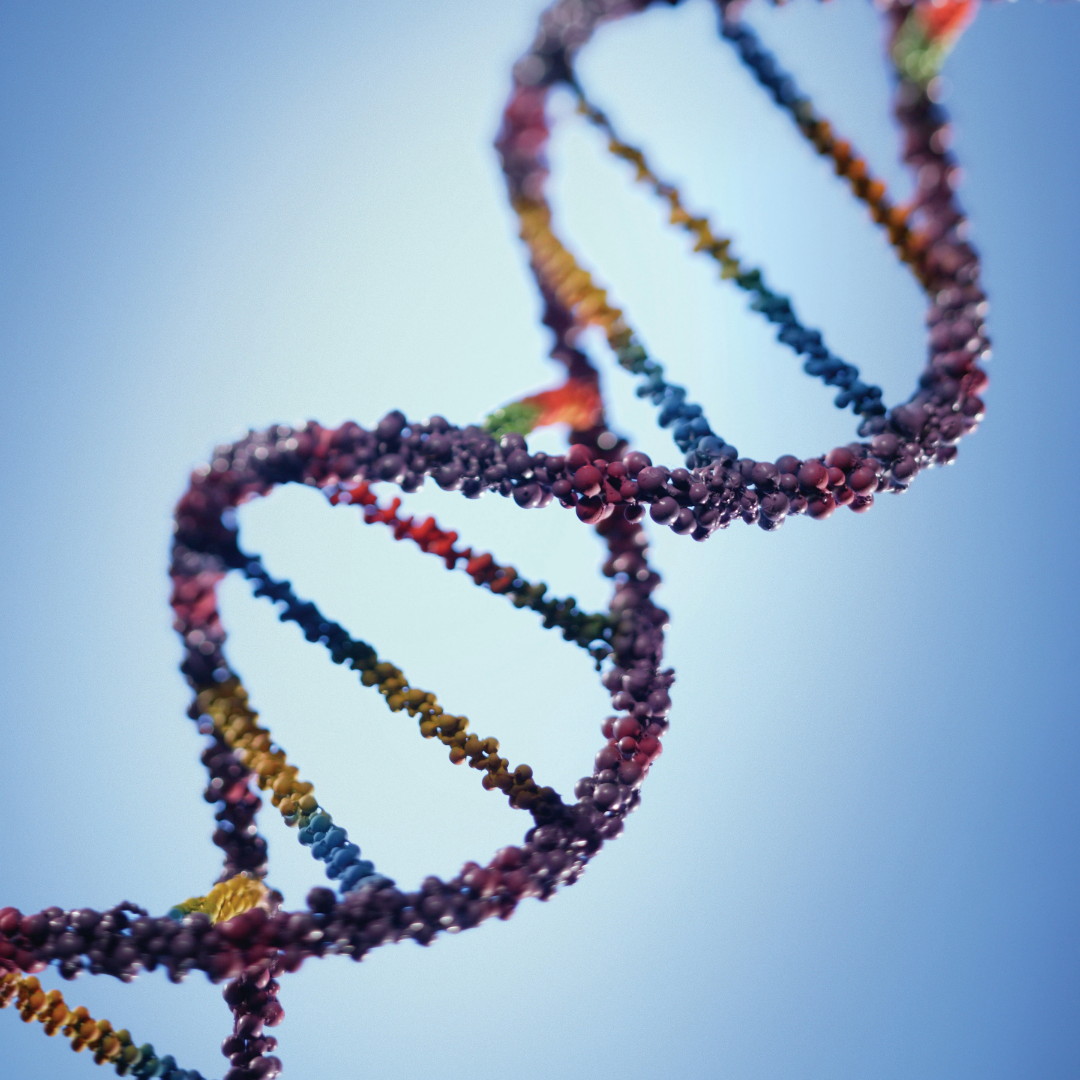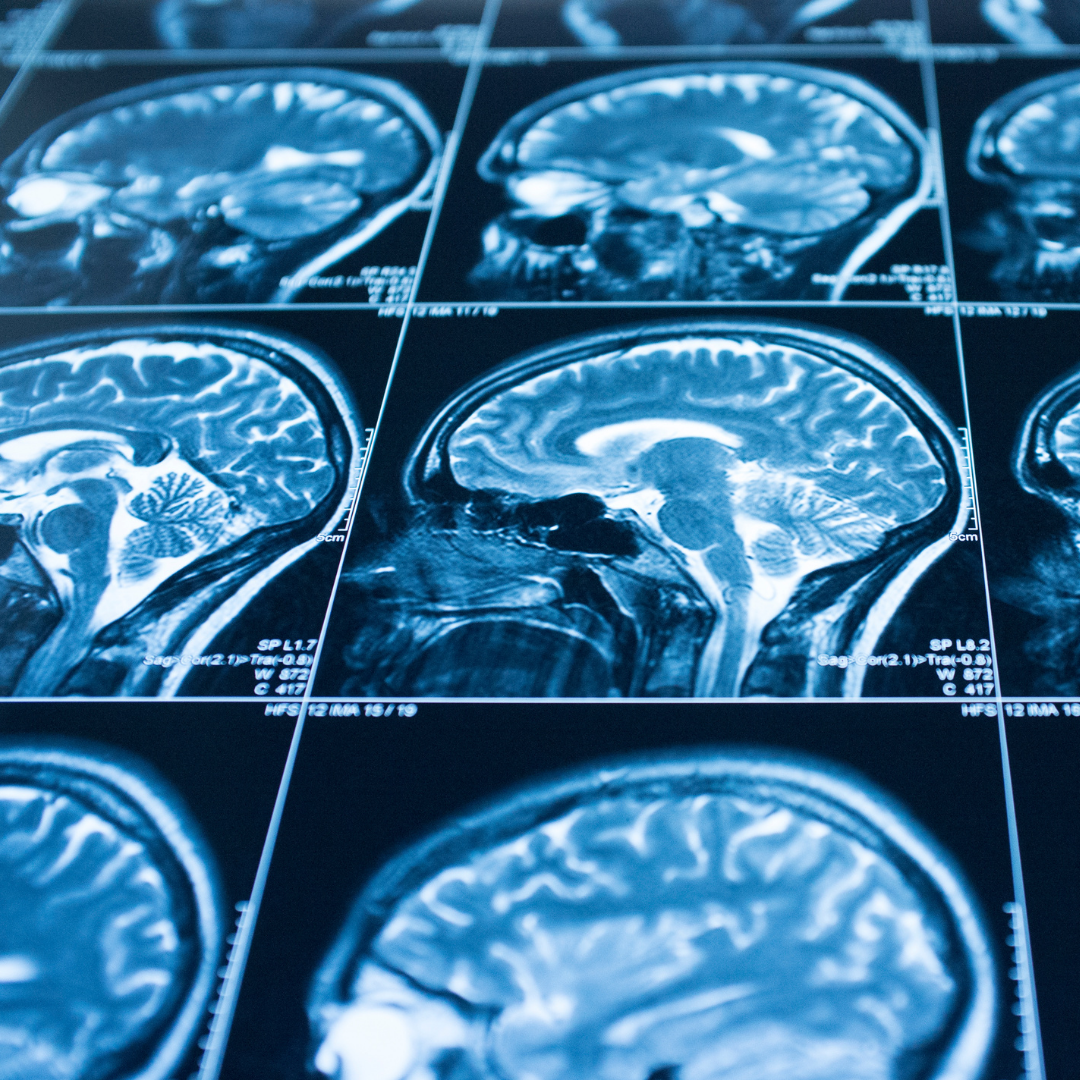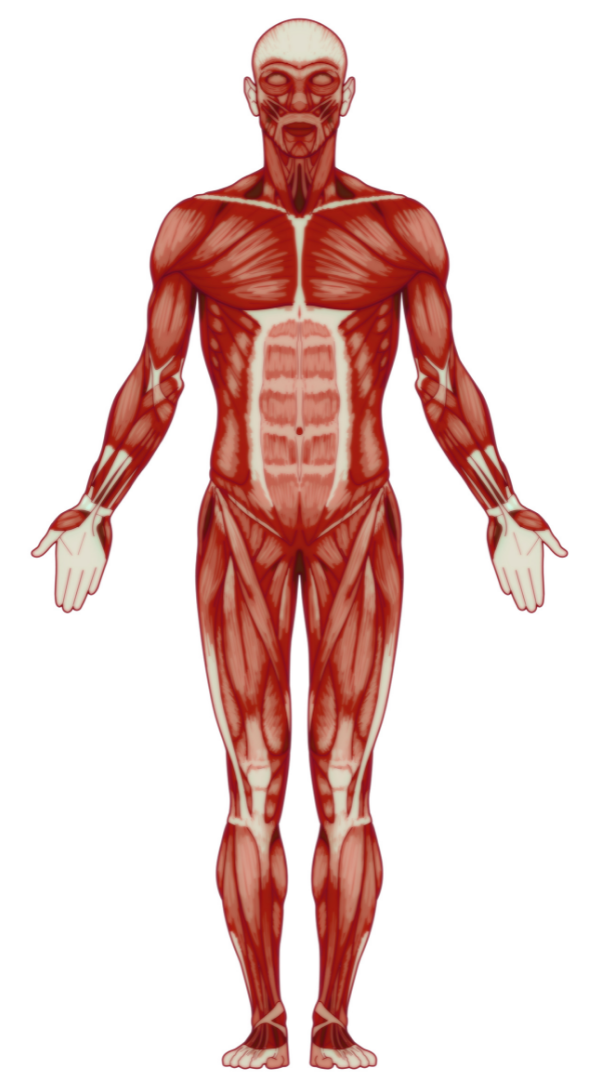

Our understanding of the gene mutation MAPK8IP3 is constantly updated as we learn from gene studies. This article will briefly summarize some of the symptoms shared among those diagnosed with MAPK8IP3. We hope the article might offer some clarification and encouragement for confused parents who are still looking for a diagnosis for their child or for parents who recently received a diagnosis. We believe some more families and children may be affected by the genetic mutation who are unaware of the disorder.
What we know about MAPK8IP3 and its symptoms might change over the years as awareness of MAPK8IP3 and our resources increase. For now, these are some of the most commonly shared symptoms of those affected by the genetic disorder MAPK8IP3 and how they are expressed.
1. Developmental Delays
Developmental delays are the most common symptom of the MAPK8IP3 gene mutation and might be the first thing you notice in your child. Parents reported developmental delays in 100% of those affected. These developmental delays are expressed in various ways, including cognitive, motor, speech, social, emotional, and behavioral delays.
The Child Mind Institute is an excellent resource on developmental milestones. Their website features a more detailed list of the milestones for you to look over to see if your child is falling behind. Their website includes a handy checklist for identifying when you should be concerned and consider speaking to a pediatrician about your child’s missed milestones. However, if you notice developmental delays, don’t panic. Speak to a pediatrician first. Developmental delays fall under the categories of:
- Cognitive Delays
- Motor Delays
- Speech Delays
- Social, Emotional, and Behavioral Delays


2. Abnormal Brain Imaging
Due to the health concerns seen in connection with MAPK8IP3, your child might have already received an MRI or brain scan. Doctors may recommend a brain scan or MRI for children displaying any number of the symptoms that are associated with MAPK8IP3. After an MRI, abnormal brain imaging results are among the most commonly shared symptoms tied to MAPK8IP3. Abnormalities in the Corpus Callosum are reported most frequently alongside the result “unsure” for those diagnosed with MAPK8IP3. Abnormalities in the Corpus Callosum are associated with different genetic disorders beyond MAPK8IP3, and their exact cause is currently unknown. This is also true of Cerebellar Atrophy.
- Chiari
- Polymicrogyria
- Unsure
- Cerebellar Atrophy
- Corpus Callosum Abnormalities
Many abnormal brain imaging results that those affected by MAPK8IP3 receive have no clear causes but can indicate a more significant problem.
3. Vision Problems
Parents with children with MAPK8IP3 often report that their child suffers from vision problems. In this case, vision problems is a broad term for many issues associated with vision. The term extends beyond nearsightedness (myopia) or far-sightedness (hyperopia); both are relatively common in the general population. Many of the vision problems listed have different names that are more commonly used outside of the scientific community. They are included for transparency. The list of vision problems that some parents have noticed included:
- Myopia (Near-sightedness)
- Strabismus (Crossed-eyes)
- Hyperopia (Far-sightedness)
- Amblyopia (Lazy-eye)
- Nystagmus
- Optic Nerve Atrophy
It is worth noting that your child’s Nystagmus might be related to Optic Nerve Atrophy.
4. Hypotonia & Hypertonia
Hypotonia is the term used to describe a loss of muscle tone. It is associated with a variety of disorders outside of MAPK8IP3. Your child may struggle to gain muscle and lose function in their limbs as a result of hypotonia. Hypertonia is defined as “Muscle overactivity that occurs when communication between the brain and spinal cord is affected by injury or illness.” Both of these conditions need to be diagnosed by a doctor but contribute to another symptom commonly associated with MAPK8IP3, movement abnormalities.
If you are struggling to find a diagnosis for your child and relate to many of these symptoms, it could be worthwhile for you to take the next step towards receiving genetic testing for your child. Facing the unknown is frightening, and while there is much unknown about MAPK8IP3, we hope to raise awareness of MAPK8IP3. Awareness and continued diagnoses have to lead to developing a cure for the genetic disorder.
If you would like to contribute to research on MAPK8IP3 as a researcher, click here. If you are a parent or caregiver to a child diagnosed with MAPK8IP3 and would like to help us pursue a cure, click here.

